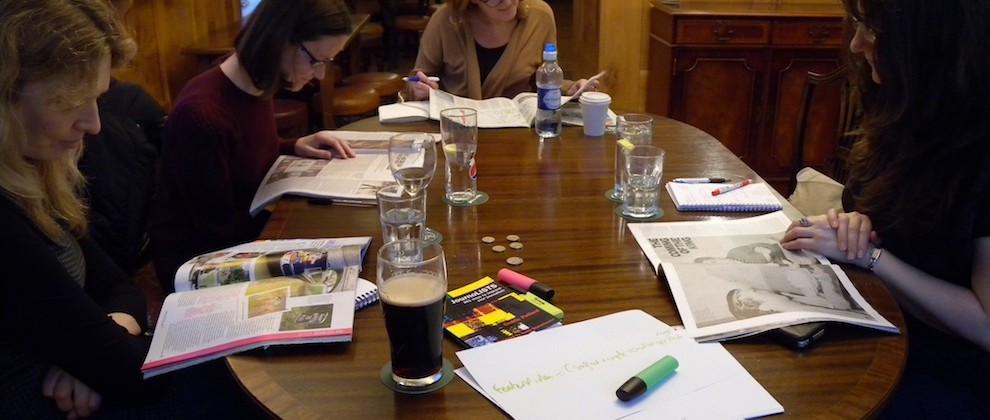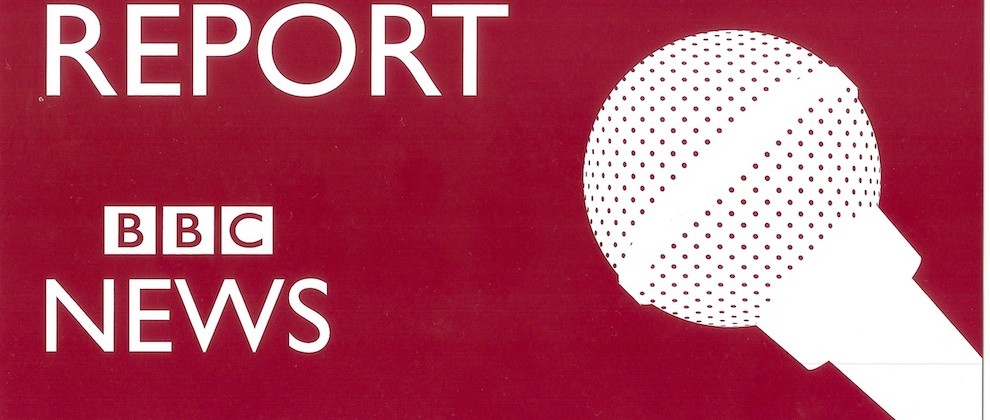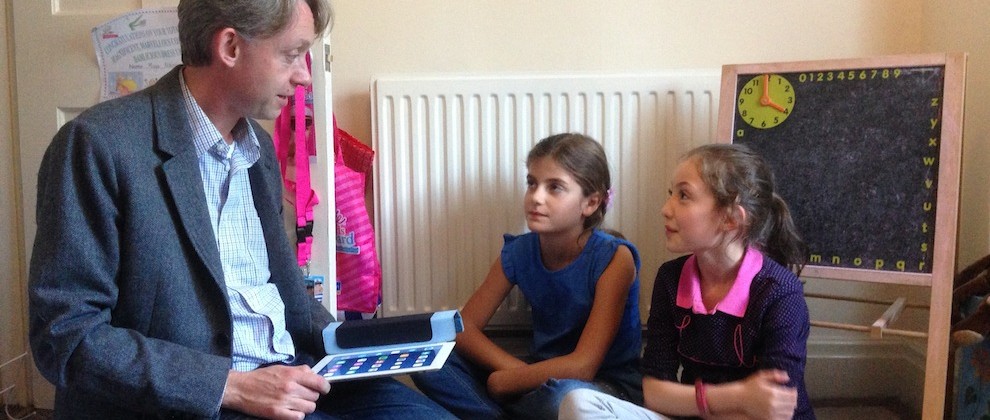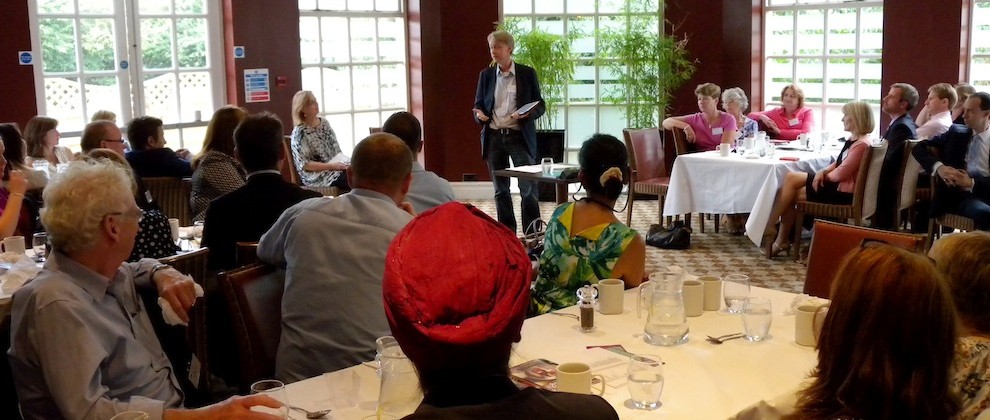
Workshop news. I ran a taster session for the Chester IVC group last night [pictured above].
It was based around writing features for magazines and hosted by the Cross Keys pub in their upstairs room, plus fuelled by one of their Sunday roasts.
We developed some great story ideas on the night from travel to health via food and careers. Thanks to those who took part for sharing their ideas and writing in a supportive environment.
One key aspect of the workshop was about crafting your first line. As I explained:
“It’s really important as you win the reader in the first line. So make it good.”
We went on to talk about styles of introductions and how these can win over the reader to hook them into your story. Examples of intro include …
- Provocative / intriguing to bring colour, contrast, impact
- Narrative / anecdote as an oblique way into the story
- Descriptive / scene setter to take the reader right into the story in an active and colourful way
- Question to make the reader think
- Direct speech can look ugly but a great quote can have real impact
Some feedback on the night from the attendees includes the comments below.
“I had a fabulous time, really thought provoking and fun. Can’t wait until the next one.” — Emma
“Liked the setting and company. A great group of people.” — Alison
I’m planning more workshop for 2016 and there’s even an idea for a writing retreat in Wales. Sign up to my newsletter for more details.



